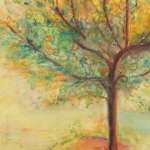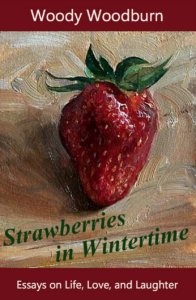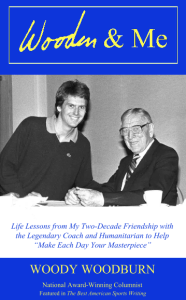 One hundred nine rings in an oak stump ago, Joyce Kilmer penned “Trees” with one of the most widely familiar opening couplets in America poetry:
One hundred nine rings in an oak stump ago, Joyce Kilmer penned “Trees” with one of the most widely familiar opening couplets in America poetry:
I think that I shall never see / A poem lovely as a tree.
I thought of these words as I looked out my window and across the street as a lovely “poem” got sawed down, cut up, turned into woodchips and trucked away.
It was like seeing a theatrical street version of Shel Silverstein’s classic children’s book “The Giving Tree” starring two workmen in white hardhats and optic-yellow vests. Actually, this story was even sadder for this tree’s limbs would not be used to build a house for the grown boy; its trunk not crafted into a boat to sail the seas; when the workmen’s work was finished, there was not even a stump left to sit and rest upon.
Majestically tall, its trunk too thick to reach one’s arms around, the tree had become a botanical Leaning Tower of Pisa that was in danger of being toppled by a strong wind.
And so, beginning at 9 o’clock, a loud-crying chainsaw turned morning into mourning as a workman in a gargantuan cherry-picker amputated the branches one by one by one, thicker to smaller, as he hydraulically rose higher, higher, higher.
The felled branches were next cut into manageable lengths and fed into a woodchipper. The lines of a “poem” went in, mulch came out.
Lastly, the towering barren trunk came down. Instead of being made into long lumber for a home or boat, it was sawed into short logs to be burned in fireplaces. This was not a heartwarming thought.
It was not my tree, not in my yard, and yet all the same it was mine, and yours too, because trees are for all of us to enjoy. From start to finish, what took many decades to become living poetry was erased in less than four hours. It was tree-mendously sad.
Kilmer again: A tree that may in summer wear / A nest of robins in her hair.
No more birds will nest in the lovely tree I used to see out my east-facing kitchen window, the rising sun climbing its branches each day.
The melancholy event gave me pause thinking about a handful of memorable trees in my life: The evergreen beside the driveway of my first boyhood home that my two older brothers and I attempted blind shots over during games of H-O-R-S-E. The sturdy buckeye we swung Tarzan-style from a rope near a pond. The apple tree I picked snacks off of on a shortcut home from grade school. The orange tree my two kids helped me plant when they were in grade school. The giant redwoods we saw, in awe, as a family. And on and on.
I think “poems” fill all our lives more than we generally realize. We draw trees in kindergarten and climb trees as older kids and hopefully at least once plant a tree, for as the Greek proverb states: “A society grows great when old men plant trees whose shade they know they shall never sit in.” Old women, too.
Kilmer once more: Poems are made by fools like me, / But only God can make a tree.
Afterwards, this fool walked over to determine how old the tree had been by counting its rings, but the stump was cut off below ground and covered with dirt. I may be overestimating its age by half, but I like to think it sprouted in 1913 – the same year “Trees” came into being.
* * *
Essay copyrights Woody Woodburn
Woody writes a weekly column for The Ventura County Star and can be contacted at WoodyWriter@gmail.com. Follow him on Twitter and Instagram at @woodywoodburn. His SIGNED books are available at www.WoodyWoodburn.com.

 Personalized Signed copies of WOODEN & ME: Life Lessons from My Two-Decade Friendship with the Legendary Coach and Humanitarian to Help “Make Each Day Your Masterpiece” and “Strawberries in Wintertime: Essays on Life, Love, and Laughter” are available at WoodyWoodburn.com
Personalized Signed copies of WOODEN & ME: Life Lessons from My Two-Decade Friendship with the Legendary Coach and Humanitarian to Help “Make Each Day Your Masterpiece” and “Strawberries in Wintertime: Essays on Life, Love, and Laughter” are available at WoodyWoodburn.com
